Ginseng is used in Korea to improve overall health
Step into any health store in Korea and you’ll see rows upon rows of ginseng products. From teas and syrups, to creams and tablets – Koreans have been using ginseng for centuries to boost energy and improve their overall health.


Essentially, it’s believed that ginseng’s chemical makeup can be helpful in promoting balance the body and mind. While it’s no miracle cure all, if you’re looking to improve your overall health and wellbeing it could be worth adding ginseng into your daily routine.
Acupuncture is a traditional Chinese practice that promotes healing
Yes, the idea of being poked and prodded with needles might not sound like the most appealing option, but in China, many swear by acupuncture for relieving pain and stress. It actually originated over 2,500 years ago, and is thought to stimulate the body’s natural healing processes.


It does this by targeting specific pathways to alleviate pain. So, while needles might make you think twice, if you’re finding you heal slowly, this practice might just be the nudge your body needs to begin repairing itself.
Turmeric is used in Indian cuisine for its anti-inflammatory properties
Turmeric is well-known as a spice that adds a delicious kick to Indian food, and it’s also notorious for leaving tough yellow stains on skin and clothes. But did you know, it is also known for its powerful antioxidant properties?
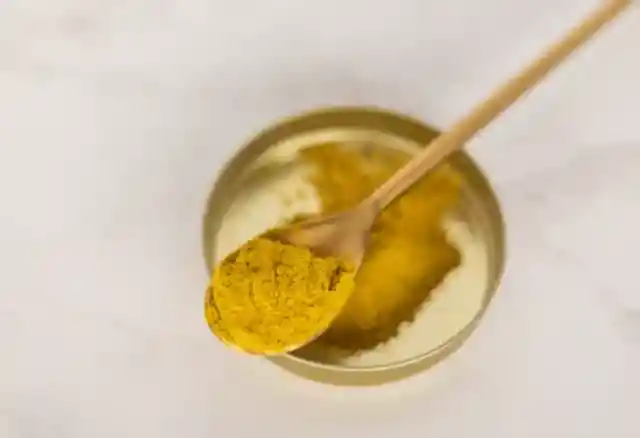

Curcumin, which is the star component of turmeric, has been shown to help reduce inflammation in the body. This in turn can help prevent flare-ups and chronic diseases. So, for a healthier life, consider adding turmeric to your diet – but just be careful not to spill it!
Green tea is popular in Japan for its antioxidants
Green tea. has long been a popular choice in Japan and is now recognized worldwide as a ‘healthy’ tea. Ever wonder why? Well, green tea is brimming with antioxidants.
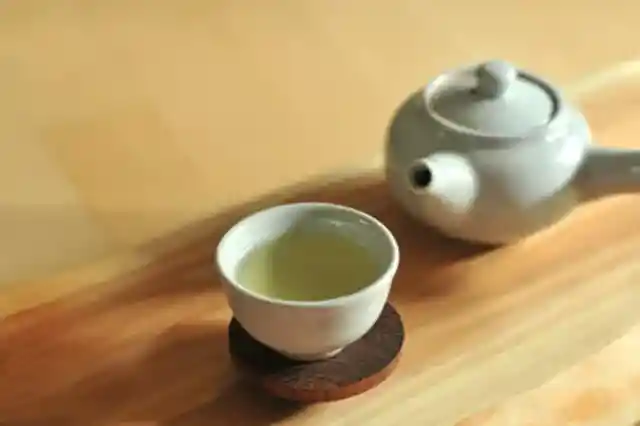
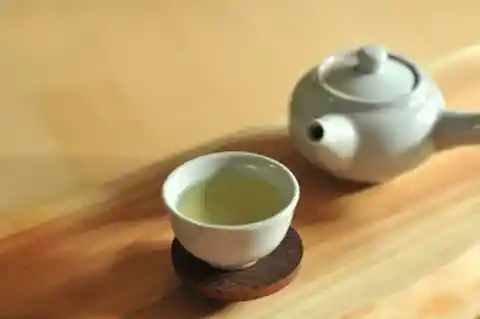
Antioxidants are a powerful tool that can help defend your cells against damage and decrease the likelihood of chronic disease. Studies even suggest that regular green tea drinkers might enjoy a longer lifespan. So, the next time you’re looking for a refreshing drink, consider reaching for a cup of green tea.
Tai chi is practiced in China to improve balance and focus
Tai chi isn’t just about self-defense – it’s a favorite in China for staying balanced and focused. You can think of it as a sort of ‘moving meditation’. Essentially the gentle and rhythmic movements of tai chi can help invite ease into the mind and body.


In turn, this can help boost strength and balance along the way. Research backs up its perks, too, linking it to less stress, a happier heart, and maybe even a longer life. So if you’re looking to chill out and stretch out, tai chi is worth a shot.
Miso soup is a Japanese staple for gut health
Who doesn’t love the umami taste of a miso soup? It’s a delicious dish – but it’s not just a treat for your taste buds. In fact, the paste used as the base of the soup is a fermented food, which means it’s a fantastic source of probiotics –a good bacteria that your digestive system loves.
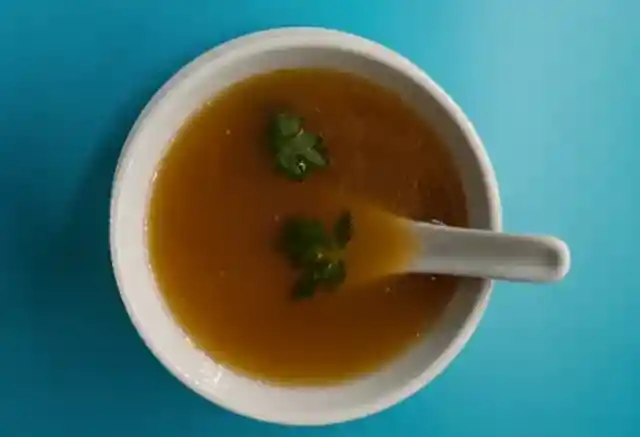
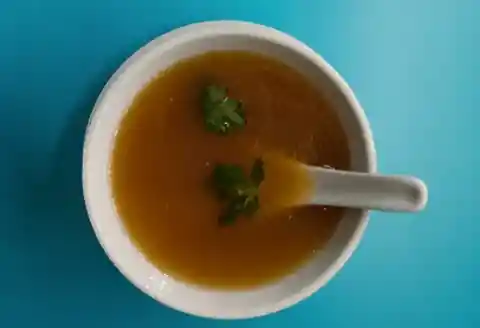
With a healthy gut being linked to a healthy immune system and even mood regulation, it’s no wonder miso soup is a daily dish for many in Japan. If you’re looking for a comforting way to support your gut health, miso soup could be just the ticket.
Traditional Thai massage can relieve tension
Ever experienced a traditional Thai massage? Then you’ll get why it’s considered a real deal health practice in Thailand, not just a treat. It’s not your average chill and relax massage. Expect to be pulled, stretched, and pressed in ways that’ll tackle the deepest knots, and tight tension, and boost your circulation.


Credit Tara Angkor Hotel via Flickr
Shiitake mushrooms are used to boost the immune system
Shiitake mushrooms aren’t just for tasty stir-fries – in China, they are also used to boost the immune system. They’re packed with compounds known as beta-glucans, which are thought to rev up your immune response, helping to keep you feeling your best by keeping illness away.
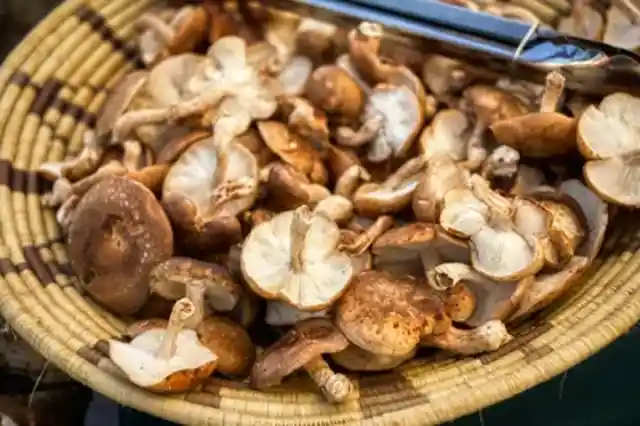
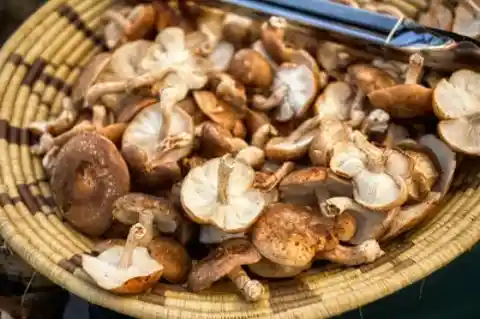
Looking for a life with fewer sick days and more healthy ones? Next time you see shiitake mushrooms at the store, pop some in your basket and make yourself tasty dishes that can double as immunity boosters.
In Vietnam, lemongrass is used for its antimicrobial properties
Lemongrass is often used in candles and diffusers for its refreshing citrusy scent. But this herb does far more than lighten the air – in Vietnam, it’s utilised for its antimicrobial properties and is traditionally used to help fight off infections.
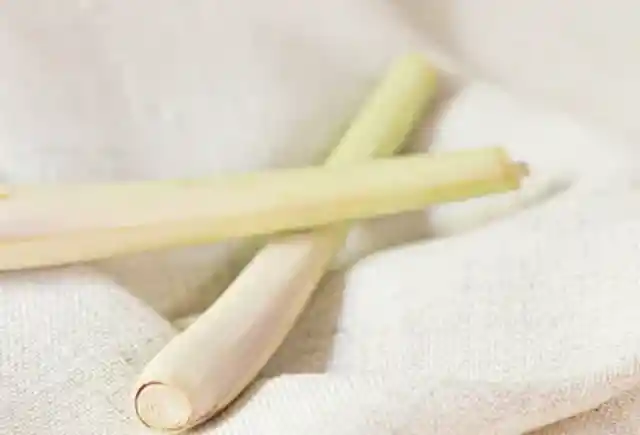

Some of the components that lemongrass contains have been studied for their potential to keep away bacterial and fungal infections. Thinking of adding a new tea to your collection? Consider lemongrass tea for a fragrant way to keep yourself healthy.
In Japan, forest bathing is believed to improve mental health
Life can be tough, right? Sometimes it can be difficult to keep on top of our mental health and we find ourselves searching for a remedy. In Japan, one such remedy is known as ‘forest bathing’. This isn’t about tiring hikes through the woods, or camping out in the elements; it’s about being in nature and taking in the forest atmosphere.


The basic idea is that the calm of the forest acts to calm the mind, reducing those stress levels and lifting mood. If you’re looking for a little peace of mind, a walk and relax in the woods might be just the prescription.
Chinese medicine uses ginger to treat a variety of problems
You’ve probably been told to have a warm cup of ginger and lemon tea when you’ve got the sniffles or a sore throat, but did you know it can actually be used to treat a wide range of other problems too?
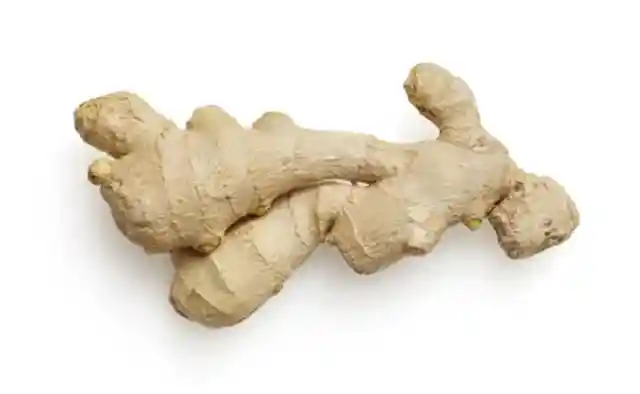

It is believed that it helps revitalize the body’s blood – and this boost in circulation can be a big plus for digestion, help ease nausea, and improve a variety of other problems as well. So, for a simple way to spice up your health routine, ginger might just be the natural choice.
The Indian practice of oil pulling is used to improve oral health
Sure, swishing oil around your mouth might not sound the most appealing, but in India, this is a common practice. This method, known as oil pulling, is thought to improve oral health. So, what’s the logic behind this?


Essentially, the swirling of the oil is believed to ‘pull’ toxins from the body, leading to fresher breath, whiter teeth, and healthier gums. Of course, it’s no replacement for brushing, but consider adding it as a bonus step to your morning routine. But remember – spit it out after!
Cupping is a Chinese therapy used to improve blood flow
Imagine having small glass jars sucking in your skin. Sounds unusual, right? That’s cupping therapy for you. It’s a traditional Chinese practice that uses mini vacuums to enhance circulation.


By targeting certain points on the body, it’s said to draw blood to the surface, which is supposed to ease muscle tension. Some describe it as like a reverse massage. Whether you’re an athlete or just on your feet all day, cupping could be an interesting, albeit unconventional, method to try.
Korean red ginseng is believed to improve mental function
If you struggle with your focus and often find you aren’t able to keep your full attention on one thing, Korean red ginseng might just be the natural remedy you need. Celebrated for its potential to enhance brain function, many in Korea consume it in hopes of improving concentration and mental capabilities.
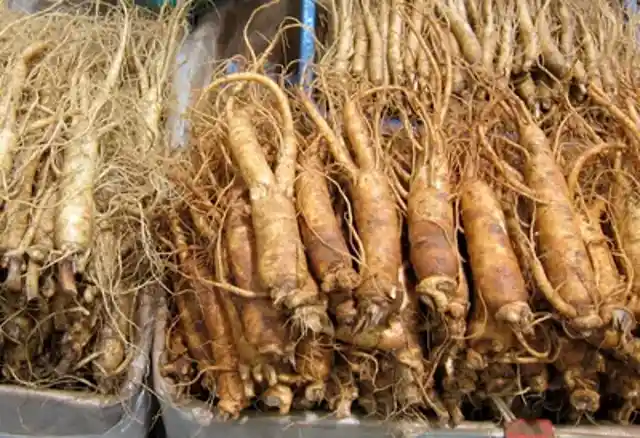
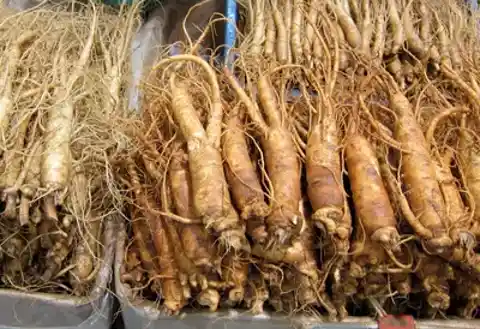
Credit Eugene Kim via Flickr
Indian Ayurveda recommends warm water with lemon to boost digestion
Here’s a simple one: begin your day the Ayurvedic way with a simple cup of warm water and lemon. Ayurveda is the traditional system of Indian medicine, and it suggests that this morning ritual ignites the digestive fire, encouraging better digestion and absorption of food through the day.
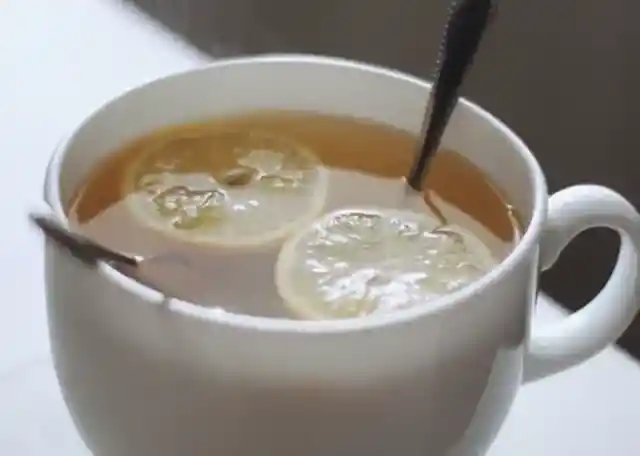

No one wants to start the day with a bloat or stomach discomfort, so consider switching your milky teas for this healthy alternative. It might just make your daily meals and snacks that little bit more enjoyable.
Japanese saunas are used to detoxify the body
In Japan, the sauna is not just for relaxation – it’s also for detoxification. Makes sense, right? When you step into the heavy heat of a sauna, it’s likely you’re going to sweat – a lot. The Japanese believe that this sweat carries out impurities, leaving the body refreshed and purified.


And there’s science to back up the heart-healthy benefits of a good sweat session. Feeling like you need a quick detox? Consider seeking out your nearest Japanese sauna and get sweating.
Traditional Vietnamese medicine uses honey and cinnamon to treat colds
Vietnam’s remedy for a cold might already be sitting in your kitchen cupboard. Honey and cinnamon, a classic duo, are not only for sweetening your tea or topping your oats. In Vietnam, this combination is a trusted mixture to soothe a cold.
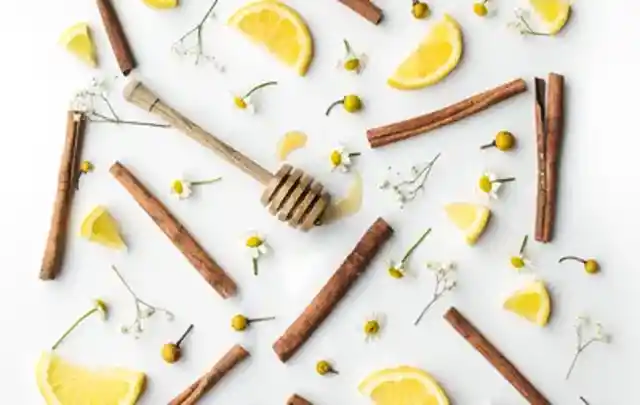

Honey acts as a natural cough suppressant while cinnamon packs in anti-inflammatory properties. Together, they’re a comforting remedy to help you through those sniffly days. Plus, they taste great together, so it’s a win all round.
In China, white tea is believed to have anti-aging properties
Move over, green tea; white tea is the go-to in China when it comes to anti-aging. It’s made from the youngest and most delicate tea leaves and is hardly processed at all. This combination is believed to cause it to have extremely high antioxidant levels; these antioxidants are believed to protect the skin from the aging effects of the sun and the general environment.
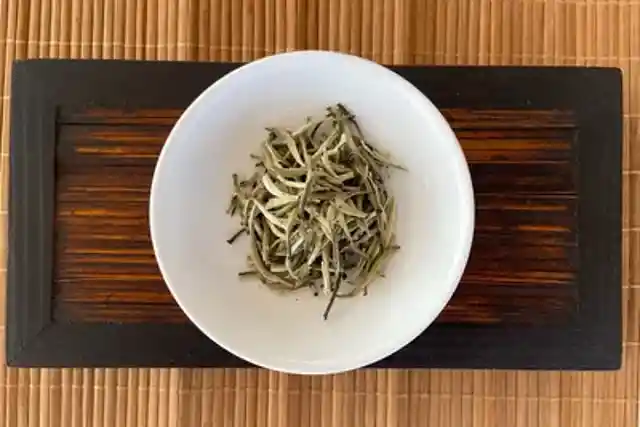
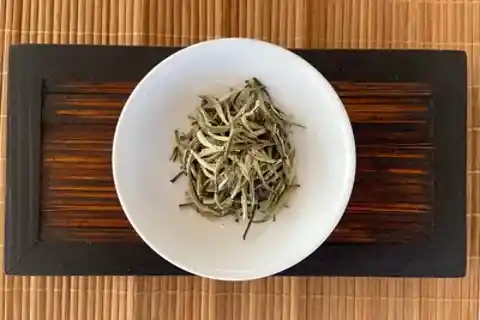
Credit Joonas Jokiniemi via Flickr
Traditional Chinese medicine uses goji berries to improve vision
Goji berries have recently been marketed as a new superfood, but they’ve actually been a part of Chinese medicine for generations and generations. Specifically, they’re traditionally used for eye health, thanks to their high levels of antioxidants.


Credit Lotus Johnson via Flickr
In Japan, eating seaweed is believed to promote healthy hair and skin
Seaweed is for more than just sushi, or that salmon and rice TikTok trend. In Japan, it’s a staple. Thanks to all the vitamins and minerals it contains, it’s believed that it can help improve the shininess of hair and the radiance of skin.


It also has high iodine content, which is linked to thyroid health, and helps with maintaining a healthy metabolism. With all these benefits, it’s a wonder it’s not yet a daily staple across the world.
Indian Ayurveda uses neem leaves for their antibacterial properties
So, we mentioned Ayurveda – the traditional system of Indian medicine – earlier, and it’s going to feature a few more times on this list. Neem leaves are highly valued in Ayurveda for their antibacterial abilities. These leaves are a staple in traditional Indian medicine and are used for everything from skincare to blood purifying.


Credit Dinesh Valke via Flickr
In Korea, mugwort is used for its anti-inflammatory properties
Ah, mugwort. Yes, the name isn’t particularly appealing and it doesn’t sound like the healthiest supplement, but in Korea, it’s treasured for its anti-inflammatory properties. You can apply it topically as a cream or lotion or you can consume it via tea or health drinks.
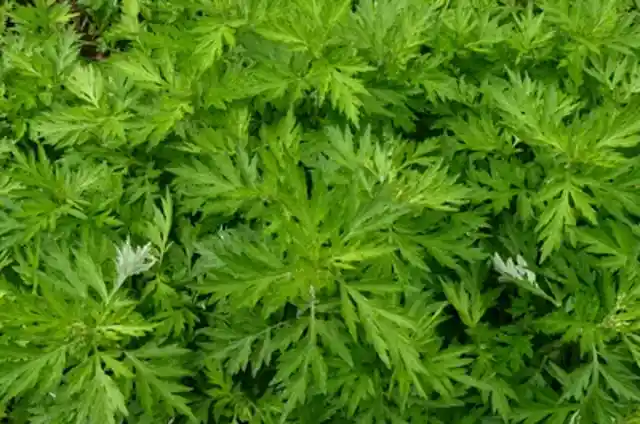

Credit Dinesh Valke via Flickr
Chinese medicine recommends regular consumption of bone broth for joint health
With every year that comes, we start to notice the importance of our joint health more and more. Waking up with achy joints every day? Well, Chinese medicine may have a solution. In China, one of their time-tested joint remedies is bone broth.
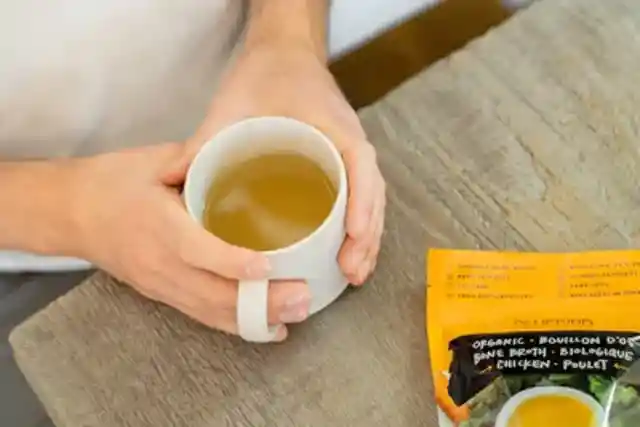
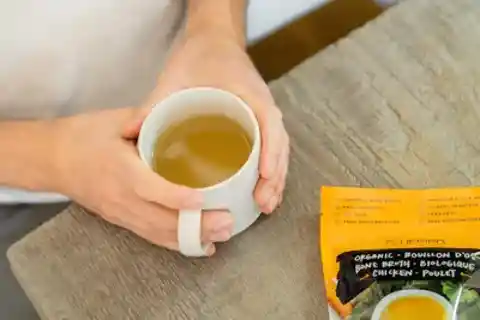
It’s rich in collagen, minerals, and nutrients, and is believed to help with those achy joints by reducing any inflammation. Grab some from the store and add it to your daily routine to help preserve the health of your joints and make sure you maintain mobility and comfort as you age.
Japanese people often consume natto for its probiotics
Natto is a popular dish in Japan. It’s another fermented remedy packed with beneficial probiotics, which are great for promoting your gut health and enhancing digestion. Who doesn’t want to go through their day with no tummy troubles?


Credit Opponent via Wikimedia Commons
Vietnamese people use turmeric to treat wounds
We mentioned turmeric earlier for its inner anti-inflammatory purposes, and it turns out it can also help on the outside. For generations it has been used in Vietnam as a go-to remedy for wound care – helping to accelerate the healing process, reduce infection risk, and minimize that dreaded scarring.
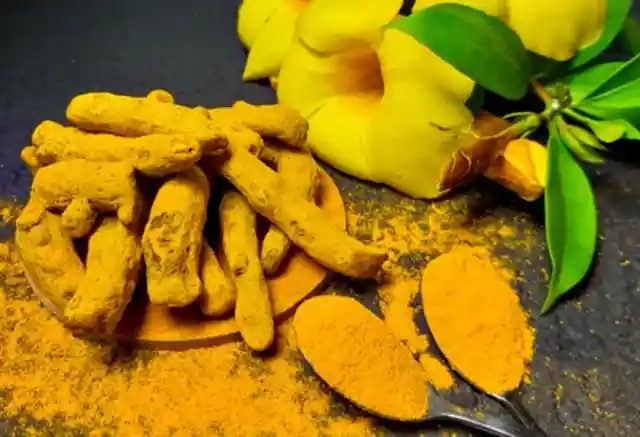
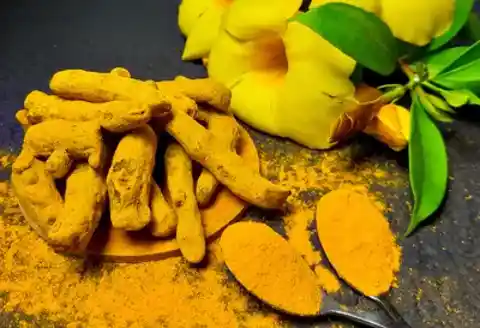
It’s most commonly applied topically and appears to have ‘magical’ natural wound-healing abilities. Next time you have a wound, consider reaching for some turmeric rather than a chemical-heavy option from the pharmacy.
Japanese people often consume fermented pickles for their probiotics
We all love the tangy taste of pickles, but did you know they’re actually also good for your health? In Japan, many people eat fermented pickles as part of their daily health ritual. These pickles are loaded with probiotics – the good bacteria – which help the gut maintain its delicate balance.
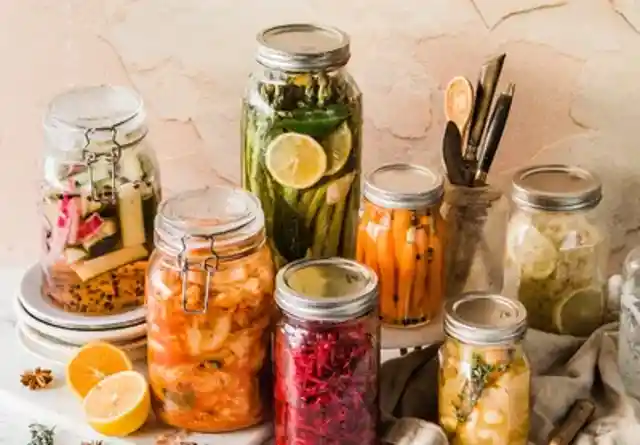
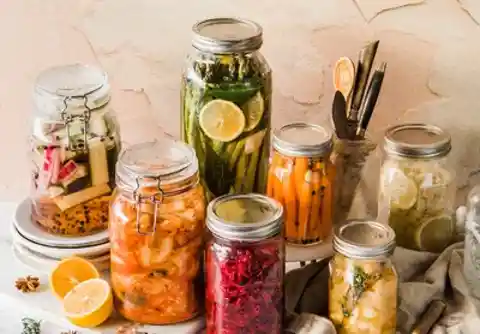
And the benefits of a healthy gut? Better digestion, improved immunity, and according to some studies, even a happier mood. So, add some fermented pickles onto your plate and you might just perk up both your gut health and your spirits. Wins all round!
Chinese medicine uses chrysanthemum flowers to improve eye health
Chrysanthemum flowers are beautiful, but did you know that they’re not just a vision for the eyes but a remedy for them too? They’ve been used for years in Chinese medicine, as they are believed to both improve vision and reduce eye inflammation.
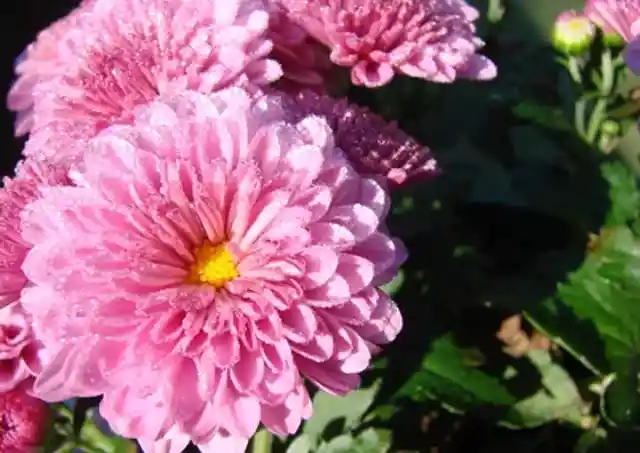
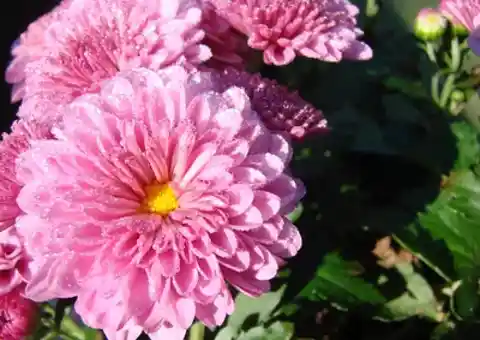
Credit Martin LaBar via Flickr
Chinese medicine recommends moxibustion to improve circulation
Chinese medicine offers the practice of moxibustion as a means to improve your circulation. Never heard of moxibustion before? It’s an ancient technique that involves burning dried mugwort (yes, it’s back again!) near specific points on the body. Essentially, the resulting heat stimulates blood flow, preventing any stagnation.
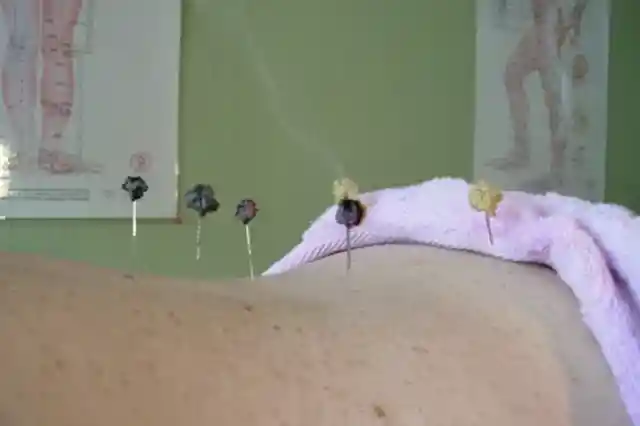

Credit Wonderlane via Flickr
Japanese people often consume matcha for its antioxidants
In recent years, matcha has featured in many a coffee shop order. You’ve most likely heard of a matcha latte or matcha mochi, but did you know that matcha is actually finely ground green tea? We’ve spoken about the antioxidant benefits of green tea, and matcha is a concentrated version of this.
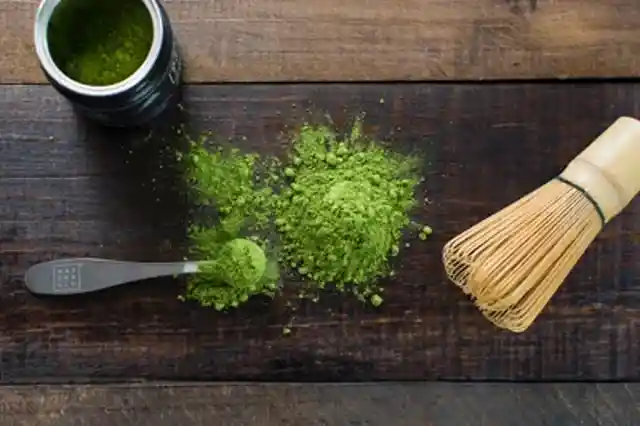
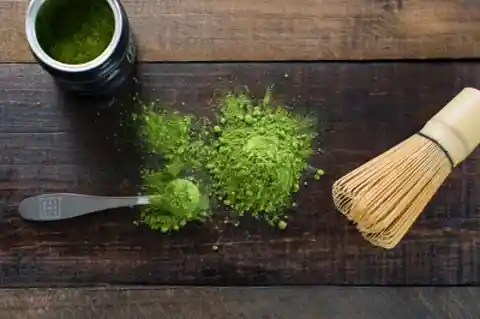
Remember, antioxidants are super useful in defending your cells against damage, so by sipping on matcha regularly, you’ll be giving yourself that antioxidant-rich goodness and be taking another step in keeping your helath tip top.
In Korea, jujube is used to improve digestion
We’ve all had bad stomach days – they can range from days with a little discomfort to sometimes full-on uncomfortable bloating. In Korea, they’ve found a remedy in the form of jujube fruit. This nutritious fruit is celebrated for promoting digestion, reducing bloating, and easing tummy discomfort.
Try adding jujube into your diet, be it through a juice or a supplement, and you will likely notice an improvement in those tummy issues. Oh, and an added benefit, this sweet fruit tastes great!
Ginkgo biloba is a Korean staple for brain health
In Korea, reaching for ginkgo biloba to sharpen the mind is just as common as an American reaching for a strong cup of coffee. Ginkgo biloba supposedly helps ward off memory related issues that come as we age.


It’s thought that the plant’s high level of flavonoids and terpenoids – similar to antioxidants – can help maintain brain health. Feeling like you’re often scratching your head? Think about adding some gingko into you daily routine, and give your brain that boost it needs.
In India, triphala is used as a gentle laxative
Triphala is an ancient herbal remedy that is a blend of three (as the ‘tri’ suggests) fruits – amla, bibhitaki, and haritaki. This particular blend is utilised in India for its gentle laxative effect.
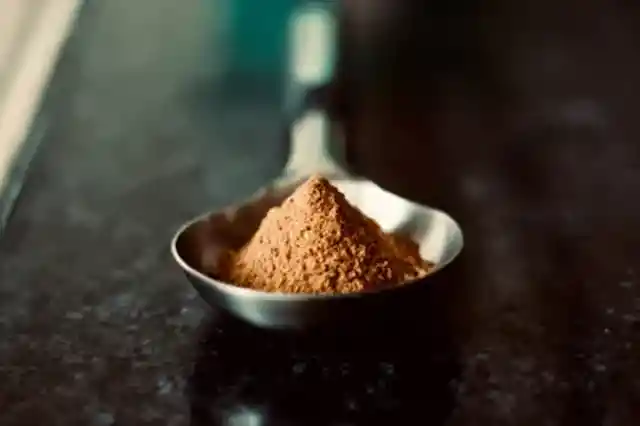
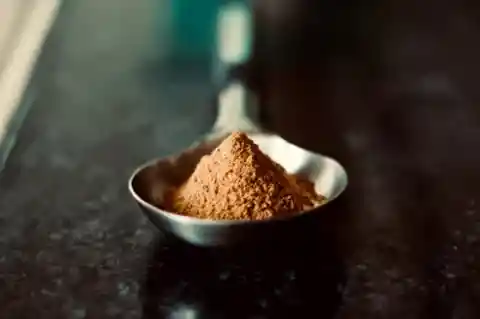
For generations its been celebrated for its capability to detoxify the body and support digestion – meaning better processing and absorption of food and nutrients. Looking for a natural digestive aid? Say goodbye to those strong laxatives from the chemist, and try out this special blend for a gentler approach.
Japanese people often practice qigong to improve overall health and well-being
Qigong is to the Japanese what yoga is to Indians—a holistic approach to good health. It’s an ancient practice combining movement, meditation, and controlled breathing to enhance energy and promote balance. Many practice it regularly and praise it for boosting their immune systems, stamina, and mental clarity.


Credit Elvert Barnes via Flickr
Chinese medicine recommends eating pears to improve lung health
This might sound like an odd one: eating pears to improve lung health? You’ve probably not heard this one before, but pears have been long used in Chinese medicine for this very purpose. This juicy fruit, beyond being a tasty snack, is believed to moisten the lungs – so for those with a dry throat or a cough, it can be super helpful.
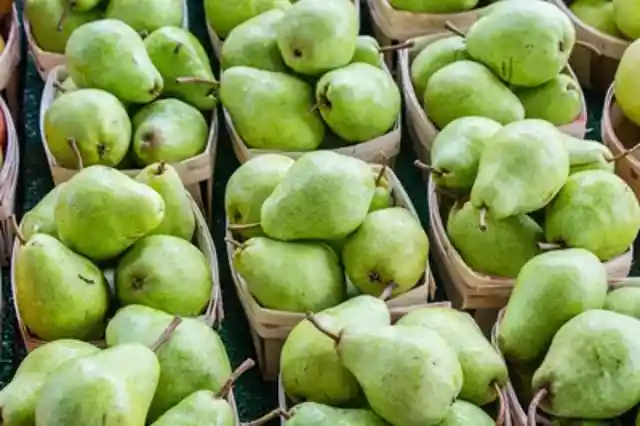

Esentially, it’s their combination of its high water content and cooling nature that mean they’re seen as ideal for assisting in the elimination of mucus. Next time you need some nourishment, consider reaching for a pear.
Indian ayurveda uses brahmi to improve memory
Do your keys keep playing hide and seek or is your to-do list slipping your mind? Well, we have another Indian Ayurveda tip here. Brahmi is a staple herb in the practice of Ayurveda and is thought of as a powerful brain booster. It’s believed to improve memory and general brain health.


Credit Dinesh Valke via Flickr
In Korea, eating fermented kimchi is believed to improve gut health
Korea’s love affair with kimchi goes beyond taste; it’s a traditional health practice. This spicy fermented vegetable dish is loaded with probiotics, which we know are great for gut health.


Koreans have long believed in kimchi’s power to improve digestion and boost the immune system. Rich in vitamins, it’s a low-calorie, high-fiber food that could be key to maintaining a healthy gut. If you want to spice up your diet and your health, kimchi might be the way to go.
Indian Ayurveda recommends drinking golden milk to reduce inflammation
Here’s another one from Ayurveda: golden milk, India’s answer to a turmeric latte. This warm, spicy drink is made with turmeric, milk (often plant-based), and a sprinkle of black pepper to boost absorption, and is known for its anti-inflammatory benefits.
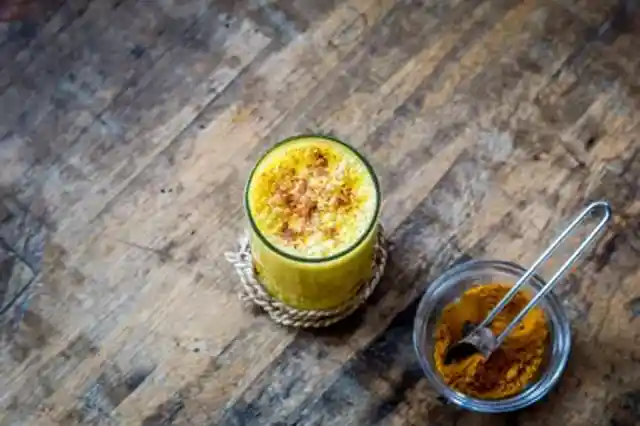
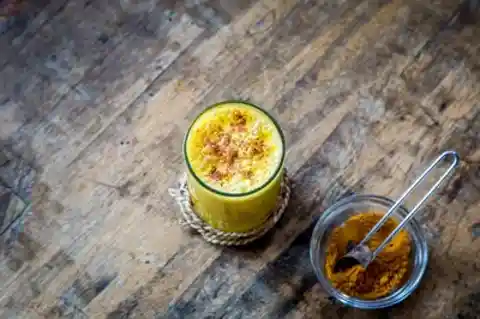
Drinking golden milk is said to help ease achy joints and in turn promote comfort and relaxation. Looking for a nice nightcap with health perks? Simmer up some golden milk – it might just be your golden ticket.
Japanese people often consume chlorella for its health benefits
Japan’s secret to wellness may be floating in ponds—chlorella. This green algae, full of nutrients, is often recommended as a staple in daily routines to boost health. Known for its detoxifying power and packed with antioxidants, it is said to boost your immune system.
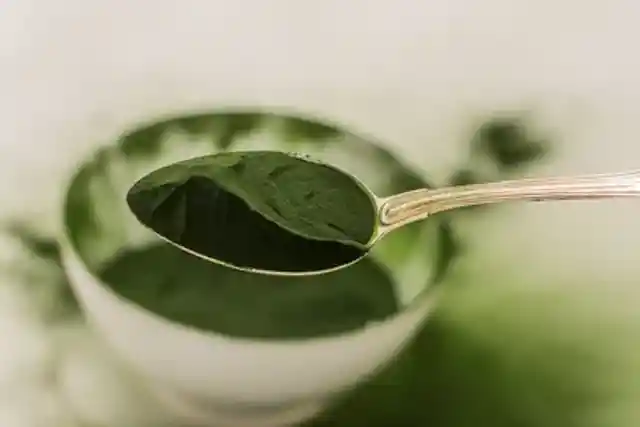
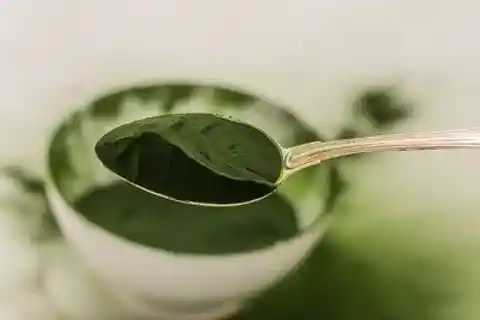
Credit Philipp Alexander via Flickr
Drinking chrysanthemum tea for its anti-inflammatory benefits
So, we’ve already spoken about chrysanthemum tea’s benefits for eye health, but it is also known in China for being a great anti-inflammatory. This floral tea is thought to offer a cooling effect that reduces inflammation and soothes internal heat.
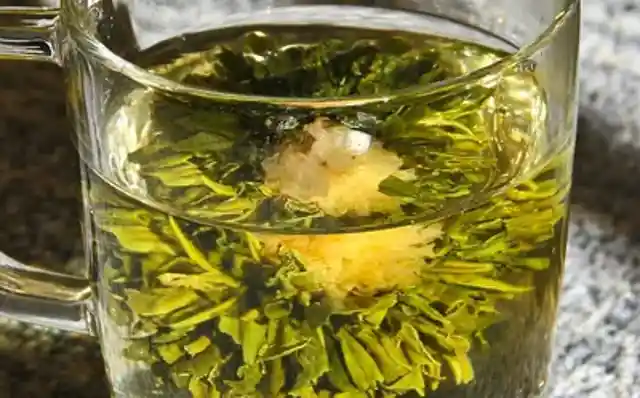
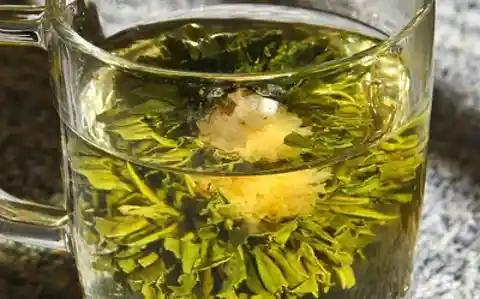
Credit Avital Pinnick via Flickr
Yuja tea is a Korean staple for boosting the immune system
In Korea, yuja tea is enjoyed not only as a warming, comforting drink but also for its health benefits, especially during the colder months. It’s made from yuja fruit, which is rich in vitamin C and antioxidants – key nutrients for a strong immune system.


Credit Pete Birkinshaw via Flickr